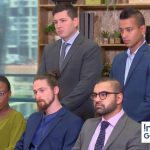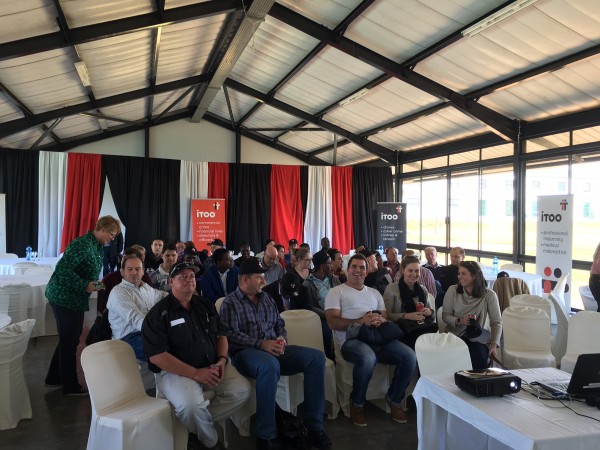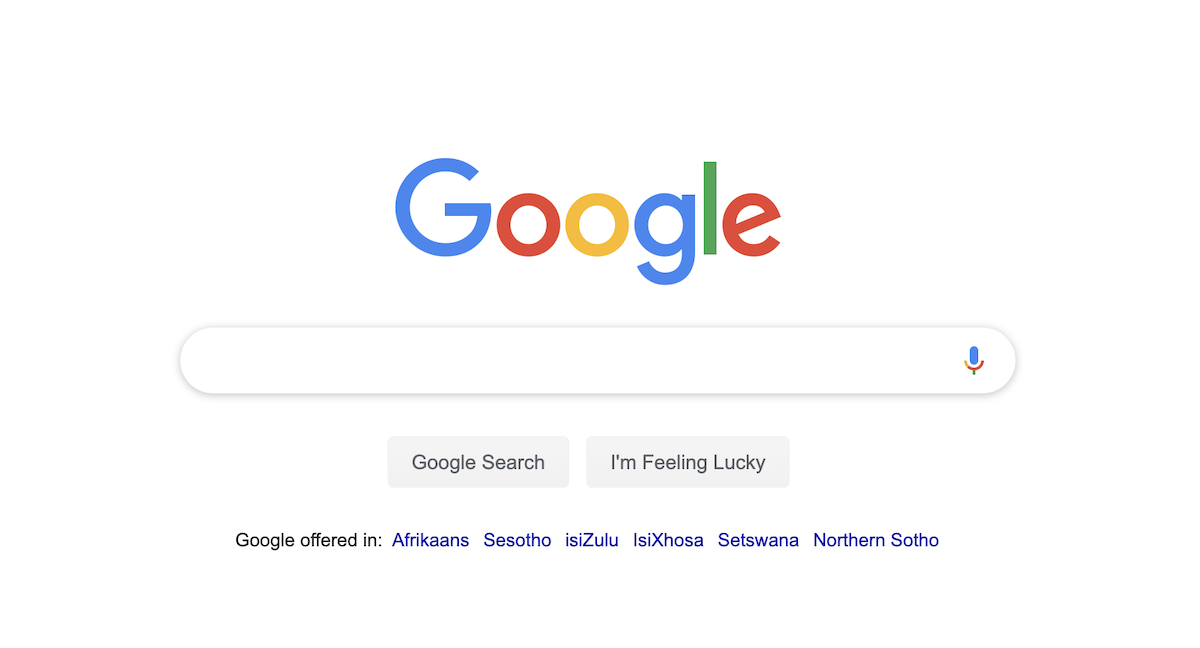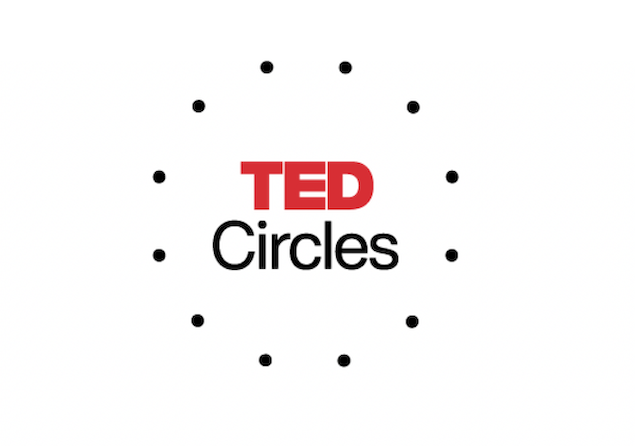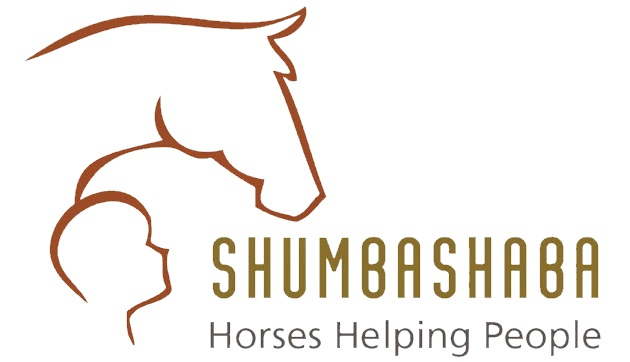
The Company We Keep – Sharon Boyce: psychologist, horse fanatic and philanthropist
The Company We Keep is a column on the CN&CO blog that profiles some of the most interesting people in our networks. Here we share the details of the lives of people we know, showcasing the extraordinary diversity of our society and proving that people truly are at the heart of everything we do. Penny, who often doesn’t realise how brilliant she is at most things, is slightly late with February’s instalment – but it has definitely been worth the wait! As Penny says:
One of the most special people I have met is Sharon Boyce. I met Sharon many years ago when my son, Craig, who is mentally challenged, did riding therapy with her at Shumbashaba, near Diepsloot. This is her story:
My name is Sharon Boyce and to know me is to know that I am as passionate about people as I am about animals, in particular horses. My personal philosophy is that if people can be assisted to find meaning in life they will flourish and live life optimally.
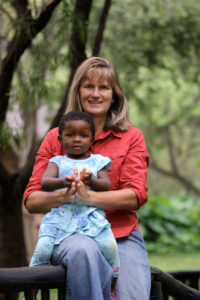
Through the constant movement towards becoming the best they can be people find hope, happiness and purpose in life. I live with my life partner, Dudley, and our trans-racial family of yours, mine and ours. We have a combined family of five children who for the main part have completed or are currently completing their studies and are beginning to make their independent way in the world. Our home is currently on my family’s smallholding on the outskirts of Johannesburg close to Diepsloot, and it resembles a mini farmyard, which is a haven for animals and people alike.
Around 28 years ago, (after I became disillusioned with clinical psychology; I walked away from a partially completed Master’s degree), I initiated a therapeutic riding programme for children and adults with disability as well as psycho-educational riding activities for children with learning and other developmental delays.
In this space I discovered that I had a particular love for working with people with intellectual disability who were specifically regarded as lacking in potential and disconnected from mainstream society. This required me to combine my equestrian coaching knowledge into the context of human development and developmental delays.
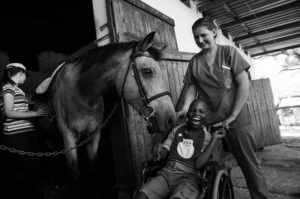
Additionally, I was required to find creative solutions in order to facilitate people with disability to achieve their potential within the context of equestrian sport and recreation. To have the awareness that as a coach or therapist your perspective can be limiting to the potential of those you work with is significantly important, as no one has the right to limit someone else’s potential.
During this period not only did I work with private fee paying individuals, I also engaged with community organisations and offered my services to their members at reduced rates or more often pro bono. For many years this was the singular space of fulfilment and meaning for me; using adaptive equestrian sport to meet physical and psycho-social needs of people with special needs as well as becoming an advocate for human rights, particularly those of people with disability. I became a registered coach for Special Olympics and facilitated participation of SA equestrian athletes in the SA Special Olympics team in 1995 (as the coach) and then reintroduced equestrian sport to SA Special Olympics as an administrator and promoter in 2014. The SA Special Olympics team included two athletes with intellectual disability from Diepsloot in 2015 and the 2019 team included two athletes from Mpumalanga.
Within equestrian sports I earned Protea colours and represented South Africa at the World Pairs Carriage Driving Championships in 1995 in Poland. Later in life I volunteered to serve a few terms on the management committee of the South African Equestrian Federation (SAEF). During this time I was part of a task team that facilitated the integration of equestrian sport for the disabled, with focus on para-dressage, into mainstream SA equestrian sport. I have been fortunate to attend both the Paralympics (Hong Kong, 2008) and the World Equestrian Games (Kentucky, USA, 2010) as an administrative member of the South African Para-equestrian team. During my time on the SAEF I also was involved in assisting to facilitate transformation of equestrian sport to find ways to increase access to black South Africans, particularly youth, from under-resourced communities into the sport.
While being fully engaged in the equestrian sport and recreational world I became aware that deep within me I had a sense I was not using my talents to their fullest –although when such was suggested to me I would vehemently deny that I should return to psychology. So I turned to training as a job coach and supported employment consultant and worked part-time for a non-profit organisation. Again I felt alive; particularly when I was engaging with organisations in order to facilitate access to the workplace for people with disability. I developed and facilitated disability sensitisation and awareness workshops and performed the reasonable accommodation function of a job coach in assisting members of our society generally believed to be unable to make a meaningful contribution in the workplace.
I continued working in the community of special needs as a job coach, facilitator and therapeutic riding facilitator for many years, all the time thinking I had found a way to be of service to others in a fulfilling way.
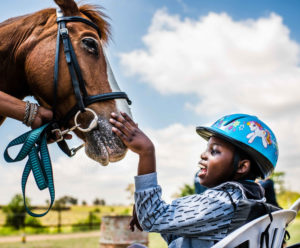
My service at the SAEF sparked in me the idea to use Shumbashaba as a vehicle to create access for the youth of Diepsloot to both the therapeutic and sporting benefits of horses and thereby further serve the Diepsloot community in a meaningful way. Diepsloot is an under-resourced urban community on the doorstep of my home. So when I left the world of disability advocacy and reasonable accommodation I partnered with my good friend, Jacky du Plessis, during 2012, to transition the horse assisted therapy programme into a non-profit called the Shumbashaba Community Trust. The mission of the Trust is to improve the physical, emotional and spiritual well-being of people living in disadvantaged communities.
Diepsloot is a community where violence, trauma, abuse and substance abuse are a part of daily life, and all the youth who live there could be regarded as at-risk. For so many this is the only life that they know. Shumbashaba is currently an active participant in the Diepsloot Service Providers Forum, where government and non-government organisations collaborate to overcome many of the social challenges facing the more than 350 000 strong population of Diepsloot.
Additionally they were invited to join the Diepsloot Local Drug Action Committee that views the programmes we implement as valuable prevention and early intervention solutions to many of the social ills facing this community.
The interactions within the Diepsloot community gave rise to a community development programme whereby Shumbashaba provides a safe place for children and teenagers on a Saturday. It was always my belief that a community programme should be owned and steered by community members and currently the 350 children who attend on Saturdays are led by young adults and parents through a structured programme of sporting, arts and cultural, and personal development activities.
In order to be able to offer services to members of this community, I became called to address my own personal development and whilst attending training on victim empowerment and support I was introduced to a form of meaning-centred counselling called logotherapy. This precipitated a journey in logotherapy which culminated in my graduating as an international Diplomate in Logotherapy through Unisa and the International Viktor Frankl Institute. I had trained in a model of equine-assisted psychotherapy and personal development known as the Eagala model and combined this with the logotherapy to develop a life enrichment programme that promotes psychological well-being known as “Growing Great Generations”.
During this journey I became awakened to the realisation that I was not fulfilling my destiny to become a psychologist. I returned to university at the age of 50 to restart my training as a psychologist which is now complete. I am fascinated by the impact horses can have in the lives of people and believe that a legacy I can leave is to contribute further to the understanding the nature and potential of this impact on psychological well-being. I hope to do this through my PhD studies, which will be starting this year. In the meantime I am very fortunate to be one of a small group of trainers who travel the world training mental health and horse professionals in the international Eagala model.

My life motto is: “Don’t ask what the world needs. Ask what makes you come alive, and go do it. Because, what the world needs is people who have come alive.” (Howard Thurman)

